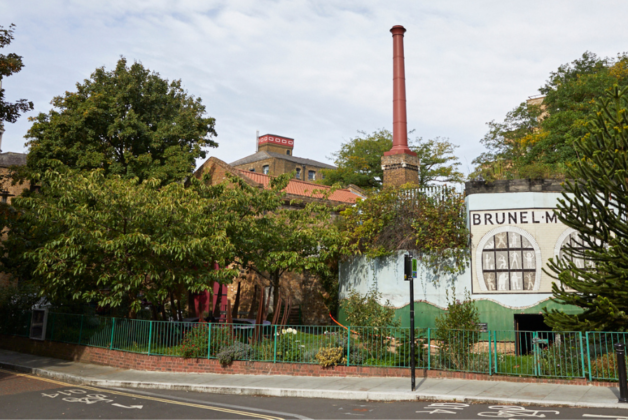Main Image: The Culture Cities report says that City of Culture projects (such as Hull pictured) show what can be achieved when a city pulls together in support of culture to drive lasting social and economic benefits. ® Chris Pepper
An independent enquiry into the power of cultural investment to drive growth in UK cities has created four key recommendations to help cities to prosper
The Culture Cities report aims to ‘help cities across the UK to unlock the full potential of culture to promote thriving communities and drive economic growth.’
The Cultural Cities Enquiry conducted expert interviews, round table discussions and evidence submissions between April and July 2018 to develop, it says, a new model to help culture flourish in UK cities in the context of diminishing public funding. The enquiry and subsequent report has been sponsored by Arts Council England, Arts Council of Wales, Creative Scotland, Belfast City Council, Core Cities and Key Cities, resourced by Virgin Money and supported by London Councils and Arts Council Northern Ireland.
The Enquiry, chaired by Dame Jayne-Anne Gadhia, chief executive officer of Virgin Money UK and Tate trustee, outlines how UK cities can ‘make greater use of cultural assets to promote thriving communities and to compete successfully for talent, tourism and investment’. Through this process it is hoped that new income streams will be developed that will support culture for the long term. The report also highlights the important role culture plays in attracting people to cities as places they want to work, live, and play.
To aid growth in UK cities, the report has created key recommendations in the form of Cultural City Compacts that will bring together civic leaders and partners from culture, business, and education, to make best use of resources and secure the social and economic benefits that come from embedding arts and culture in civic life.
Cultural Cities Enquiry – four key recommendations
- City Cultural Compacts: Cities would draw together partners from across city government, culture, business and higher education
- Corporate Social Venture Funds: Local vehicles for social investment into culture and creative organisations
- Creative Talent Pathways: Coordinated approaches to development of creative talent to meet local needs, which government could support by making apprenticeship levy rules more flexible
- Cultural property assets: Making strategic use of cities’ cultural property assets to revive high streets and city centres, and help prevent displacement of cultural activity in the wake of urban regeneration
These Compacts, the report says, will deliver against local priorities such as regenerating high streets and post-industrial quarters, establishing creative clusters, developing tourist revenue, supporting local creative talent and building civic engagement.
“Our aim in undertaking this enquiry was to help cities across the UK to unlock the full potential of culture to promote thriving communities and drive economic growth,” said Dame Jayne-Anne Gadhia. “Smart investment, innovation and collaboration are at the heart of our proposals to radically increase the ability of cities to use arts and culture to maximise the social and economic benefits of a city’s culture for everyone.”
She also said the report demonstrates how business and cultural sectors can work together to plan and support local growth through culture, based on their shared interests in promoting creative and digital innovation, capturing external investment and attracting and nurturing talent.
Sir Nicholas Serota, Chair, Arts Council England: “Successful cities are those that create opportunities for people to earn their living, make friends, bring up families and engage in leisure and sport. Culture makes a vital contribution to these activities, while the creative industries are our fastest growing business sector. This Report shows how we can make best use of our cities’ cultural assets to build strong communities for the future.”
Download the Culture Cities Report.




